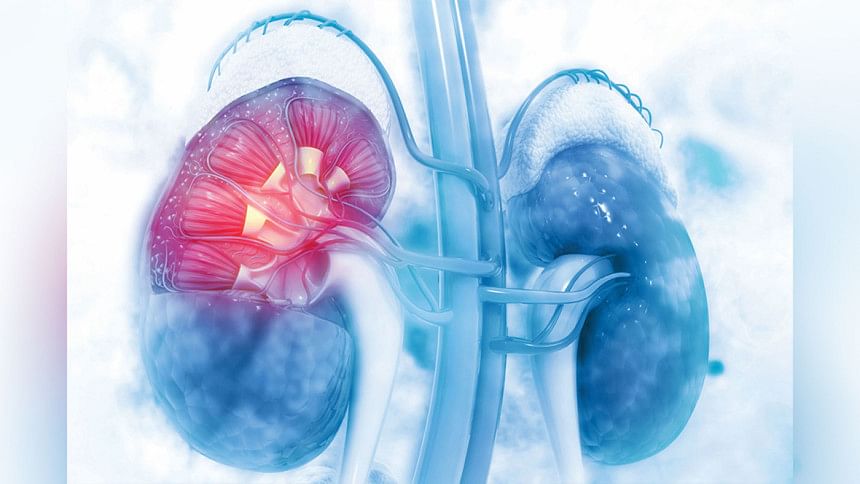Renal denervation: A global advancement in managing resistant hypertension

In 2023, the approval of two renal denervation (RDN) systems marked a significant step in treating high blood pressure worldwide, particularly for patients whose condition remains uncontrolled despite lifestyle changes and medications. These innovative procedures use catheter-based techniques to reduce nerve activity in the kidneys, employing either ultrasound (Paradise system) or radiofrequency (Symplicity system) ablation, accessed through the femoral artery.
Clinical studies suggest that RDN can lower systolic blood pressure by an average of 5 mmHg, though results vary between individuals. The procedure seems most effective for patients with more severe hypertension at baseline, but predicting individual long-term outcomes remains challenging.
RDN offers hope for those struggling with resistant hypertension, where standard treatments have failed, or for individuals who cannot tolerate multiple medications. However, it is crucial to rule out other causes of high blood pressure before opting for RDN, and it should not be used in cases of significant narrowing of the kidney arteries. More research is needed on its effectiveness for patients with advanced kidney disease.
The risks associated with RDN are low, with serious complications reported in less than 1% of cases. A comprehensive assessment by a multidisciplinary team is recommended to ensure that RDN is the right choice for each patient.
As global access to hypertension care expands, RDN could be a valuable option for managing hard-to-control blood pressure, offering a new path toward reducing the health burden of hypertension worldwide.

 For all latest news, follow The Daily Star's Google News channel.
For all latest news, follow The Daily Star's Google News channel. 



Comments